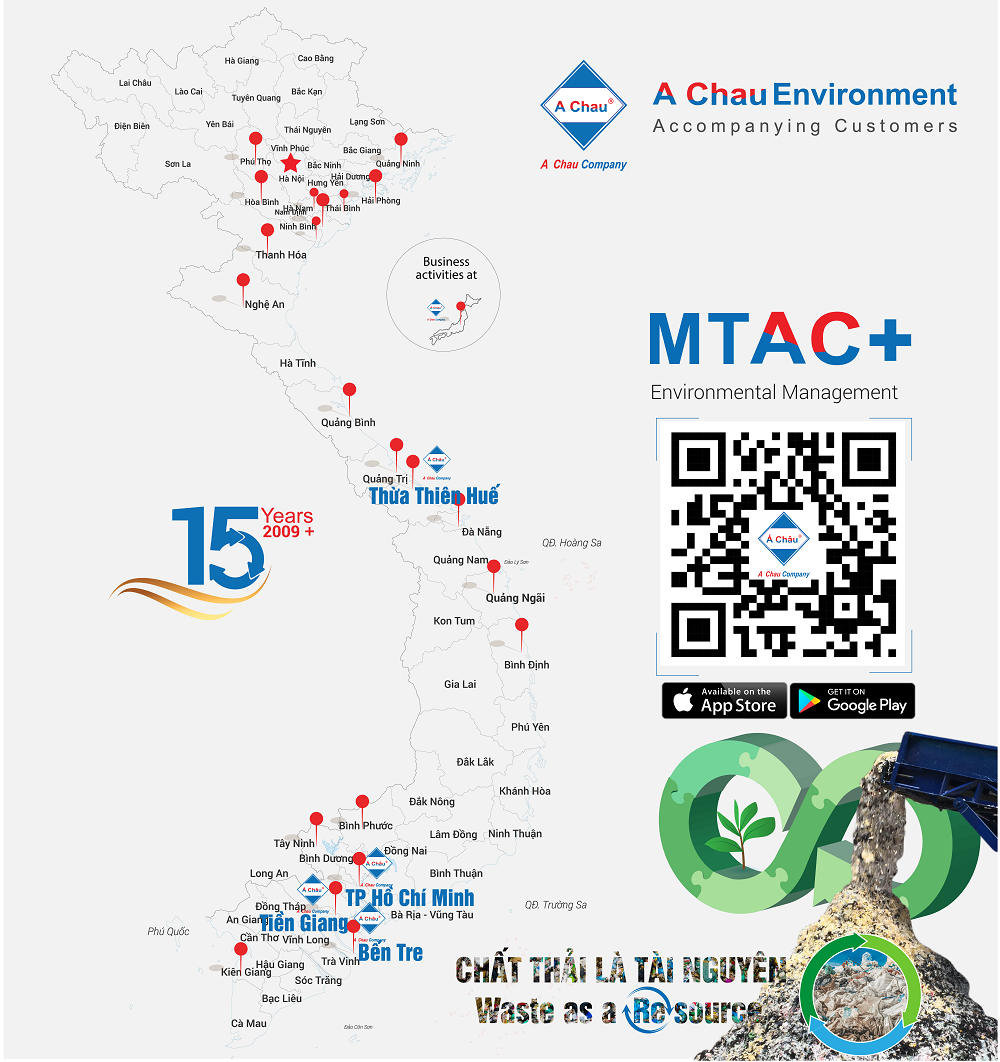Hanoi is set to significantly reduce plastic waste and protect its urban environment with the passage of Resolution No. 22/NQ-HDND on July 20, 2025. This ambitious plan includes a phased ban on the use of free and non-biodegradable plastic bags, aiming to engage both suppliers and consumers in fostering a more sustainable approach to consumption.
Phased Ban on Free Plastic Bags Begins in 2026

Starting in 2026, all establishments across Hanoi—including traditional markets and convenience stores—will be prohibited from distributing free non-biodegradable plastic bags. This move is part of the city’s broader initiative to raise public awareness about responsible consumption and highlight the environmental damage caused by plastic waste. Businesses will play a critical role in educating consumers about the importance of moving away from plastic products.
Comprehensive Ban on Non-Biodegradable Plastics Set for 2028

Looking ahead to January 1, 2028, Hanoi plans to implement a complete ban on non-biodegradable plastic bags, which include shopping bags and garbage bags, along with styrofoam containers used for food packaging. Additional single-use plastic items such as plastic straws, stirrers, and cutlery will also be banned. These measures are designed to drastically reduce plastic pollution in the city.
Restrictions on Hotels and Tourist Areas

The new regulations extend to the hospitality and tourism sectors as well. From January 1, 2026, hotels and tourist areas in Hanoi will be prohibited from using single-use plastic items, including toothbrushes, razors, combs, and small plastic bottles containing shampoo and shower gel. This initiative reflects an understanding of the crucial impact that tourism can have on plastic consumption and waste generation.
Call for Compliance and Innovation
All agencies, organizations, and individuals within the capital are urged to comply with the new restrictions on single-use plastic bags and products. The goal is to contribute to creating a greener, cleaner, and more beautiful Vietnam. Furthermore, local production and business entities must adapt their manufacturing processes in line with these regulations. Specifically, from January 1, 2026, the production of non-biodegradable plastic bags intended for food packaging will be prohibited, except for those ensuring food safety. By January 1, 2028, the production of other single-use plastic products for household and food service use must cease entirely.
These comprehensive measures signal Hanoi’s commitment to environmental sustainability and its proactive stance against plastic waste. The city aims not only to protect its urban landscape but also to set an example for other regions in Vietnam and beyond.
As Hanoi implements this progressive approach, officials and citizens alike are encouraged to work together to foster a culture of sustainability and responsibility towards the environment.
